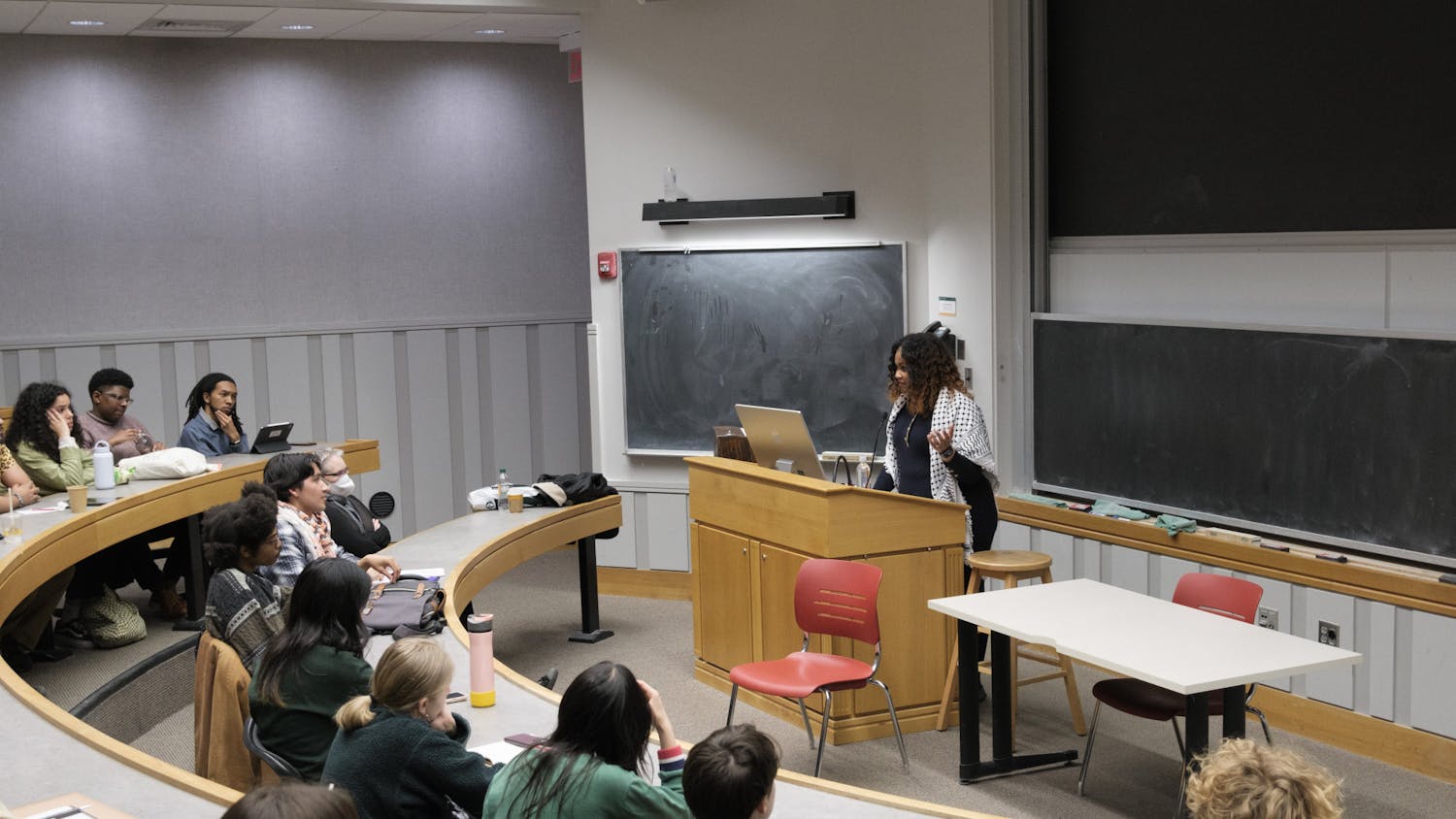Martin Feldstein, professor of Economics at Harvard and head of the National Bureau of Economic Research, presented his proposal for funding Social Security yesterday in a speech titled "Reforming Social Security."
"Reforming the government retirement programs - Social Security and Medicare is the single biggest domestic problem facing the United States today," said Feldstein, who recently co-authored a book with Dartmouth Economics Professor Andrew Samwick.
According to Feldstein, this reform is necessary since the U.S. population is aging.
"The dramatic reduction of mortality rates means that a larger and larger fraction of the population will be over 65 years old," he said. "Today there are three working people for every retiree, by 2030, this will be two workers for every retiree."
The current Social Security system is financed by a pay-as-you go system. Revenues raised by payroll taxes in a particular year pay for the benefits, Feldstein explained.
Since the population is aging and therefore more people are drawing benefits from the system, in order to pay for the same amount of benefits, more money is needed each year.
According to Feldstein, at the current rates, the Social Security system could be exhausted by 2034,
One solution is to raise the tax rate for Social Security from the current 12.4 percent as needed, he said. This would mean a rate of 18 percent by 2030, he said.
Feldstein said he supports gradually changing the current pay-as-you system into a pre-funded investment system.
The gist of Feldstein's proposal is that the government invests two percent of a taxpayer's earnings on behalf of the individual in a personal retirement account.
Each person could choose where the money is invested by selecting from a list of approved mutual funds and managers and submitting this choice with his or her tax return, Feldstein said.
Upon retirement the person would be able to keep one-quarter of the investment and the remainder would be used to pay for his or her Social Security benefits, he said.
Unlike the current system, changing to an investment based pre-funded Social Security program would allow current benefits to be maintained without raising taxes, he said.
Feldstein said his plan is possible since the government budget is predicted to run surpluses of at least one percent of the U.S. GDP for the next 30 years.
"If the government is left with the surplus they will just spend it or give it back in tax cuts," he said. "I'd rather see it spent saving Social S ecurity."
The personal savings account would require a fraction of that amount and would eventually be able to pay for itself, Feldstein said. He added that a similar pre-funded plan could also be used to finance Medicare.
Approximately 40 faculty members, community members and students attended the lecture in 105 Dartmouth Hall yesterday.



